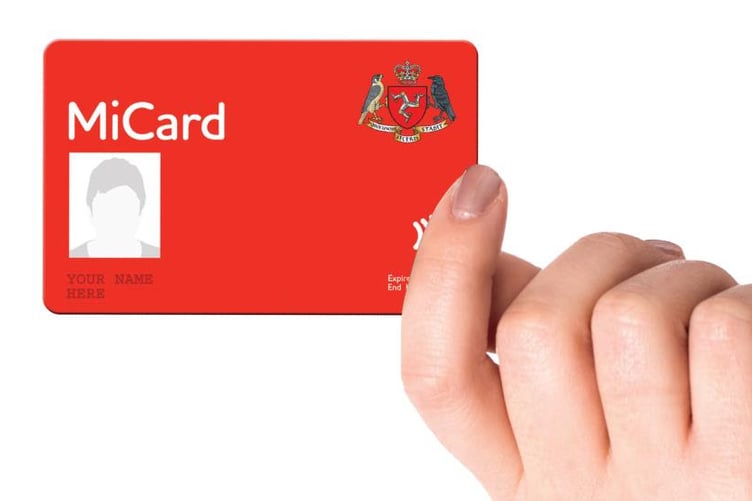Treasury Minister Dr Alex Allinson has once again confirmed that the Isle of Man’s MiCard system will not be extended beyond the end of the year, urging users to make alternative arrangements ahead of its closure on December 31, 2025.
MiCard, a service allowing recipients to collect government benefits and state pensions in cash at post office branches, is being phased out.
From January 1, 2026, all payments will be made directly into a person’s bank or online account.
Speaking during a lengthy debate in the House of Keys on Tuesday morning, Dr Allinson reassured members that recipients would still be able to access benefits in the new year.
‘At least one alternative method of payment will be in place from the beginning of January,’ he said, stressing that the cards themselves will be deactivated at midnight on December 31.
He added that the system could not simply be extended, as any continuation would require the issuance of new cards.
The minister highlighted the main challenge for remaining MiCard users: proving identity.
‘One of the issues that has been identified is people proving their identity, because conventional banks will ask for photo ID, a passport or driver’s licence, and actually, there are quite a few people in our community who have neither,’ Dr Allinson said.
He confirmed that alternative options for those unable to open a bank account would include ‘check cashing, and also, if necessary, physical cash payments.’
The announcement follows a letter sent to the remaining 935 MiCard users, urging them to provide their bank details.
As of Monday, 843 people continue to use the service, with 118 of these also receiving some benefits into a bank account.
However, concerns were raised by Tynwald members over the timeline and potential risks for vulnerable recipients.
Liberal Vannin leader and Ramsey MHK Lawrie Hooper said: ‘We are five weeks from Christmas when everything will cease and the Treasury minister is unable to confirm that there is an alternative mechanism to pay people up and running.’
Rob Callister questioned the timing of the deactivation on a bank holiday, asking Dr Allinson to ‘at the very least’ delay the switch-off until January 6.
Julie Edge highlighted security concerns, warning: ‘Once individuals, not nice individuals in our society, know that their money is going into a bank account, it could make them targets for coercion.’
In response, Dr Allinson offered a firm guarantee: ‘I can absolutely commit that all those people who require payment of benefits into next year will get that by whichever means is necessary, tailored to their own individual circumstances.”
He repeatedly urged remaining MiCard users to contact the Social Security Division immediately so that their needs could be addressed before the system closes.
The closure of the scheme comes after significant progress in transitioning users to bank or online payments.
When the closure was first announced in October 2024, almost 3,000 people were using MiCard. Since then, over 2,000 have switched to direct payments.
Dr Allinson said: ‘We’ve made significant progress in helping people move to more secure and convenient payment methods, but need to discuss with the people still using MiCards this week in order to make new arrangements’

-(2).jpeg?width=209&height=140&crop=209:145,smart&quality=75)


.JPG?width=209&height=140&crop=209:145,smart&quality=75)